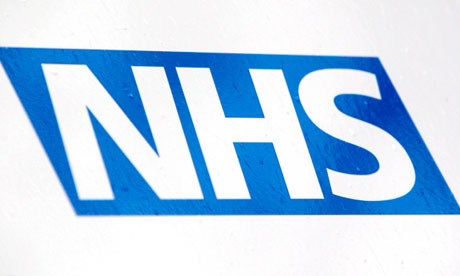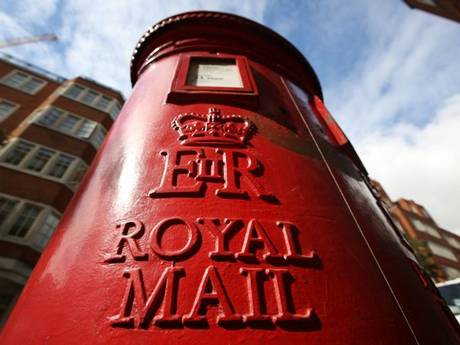Closure of 23% of NHS walk-in centres ‘will put more pressure on A&E’
http://www.theguardian.com/society/2013/nov/11/nhs-walk-in-centres-quarter-closedNHS regulator
Monitor says closures of 53 popular clinics could leave vulnerable people unable to access GP care
Despite huge popularity, nearly a quarter of NHS walk-in clinics offering seven-day care and evening opening have closed in the past three years, according to research by Monitor, the health service regulator.
It said there was a danger that closures could leave some patients unable to access GP care, particularly those unable to register with a surgery, as well as low-income working families and high-risk socially excluded groups such as homeless people, refugees and drug addicts.
More than 230 centres offering family doctor services were set up in England in the decade to 2010 under a Labour government initiative to improve access to care for patients who found it hard to register with their local GP or were unable to get a speedy appointment at a time that suited them.
Ironically, some of the closures appear to be the result of the centres being too successful. NHS commissioning authorities that have closed walk-in centres told Monitor that the clinics triggered “unwarranted” demand among “worried well” patients for often minor conditions. Some said they had closed centres to make savings as they could “no longer afford the convenience that walk-in centres offer”.
The closures are widely spread around England including in London, Plymouth, Southampton, Bristol, York, Manchester, Blackpool and Colchester. Six so-called “commuter” walk-in centres based at major railway stations in Manchester, London, Leeds and Newcastle, have closed in recent years after for failing to attract enough patients.
Monitor’s research found nearly two-thirds of patients who attended walk-in centres were already registered with a GP. Of these, just over a fifth said they had contacted their GP practice beforehand but were unable to get an appointment. A further 24% said they did not even bother to contact their GP because they anticipated there would be no convenient appointments available.
…

